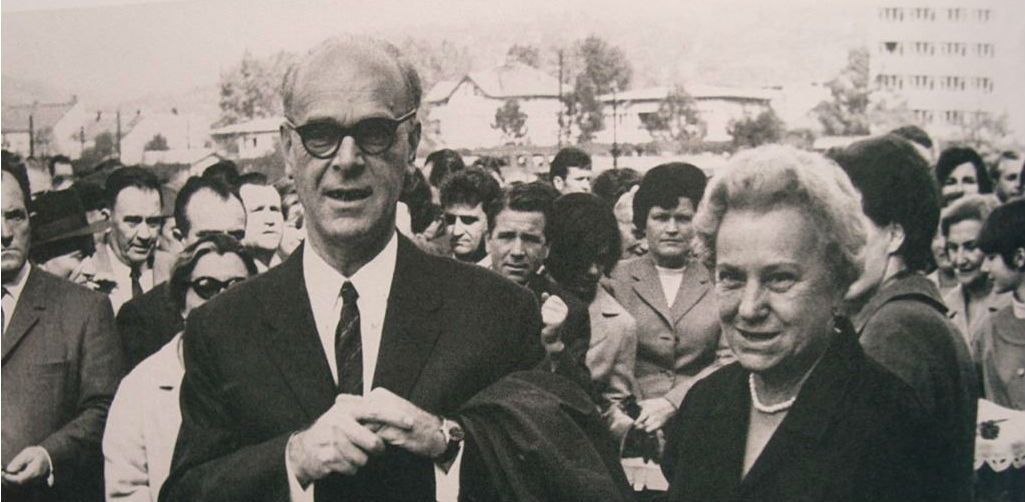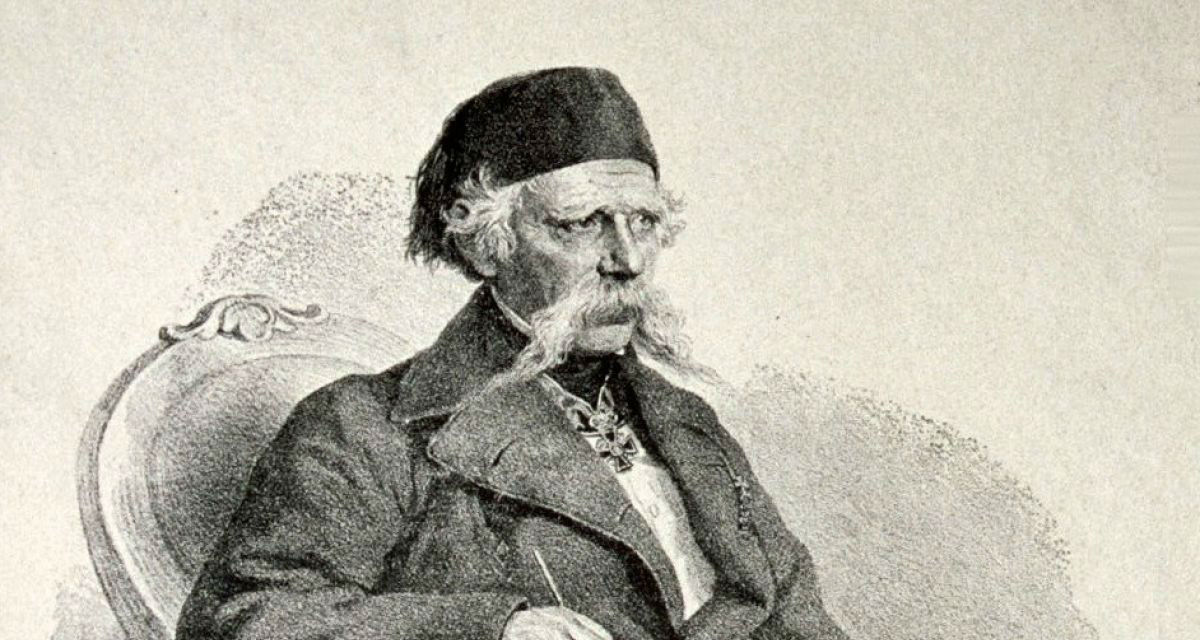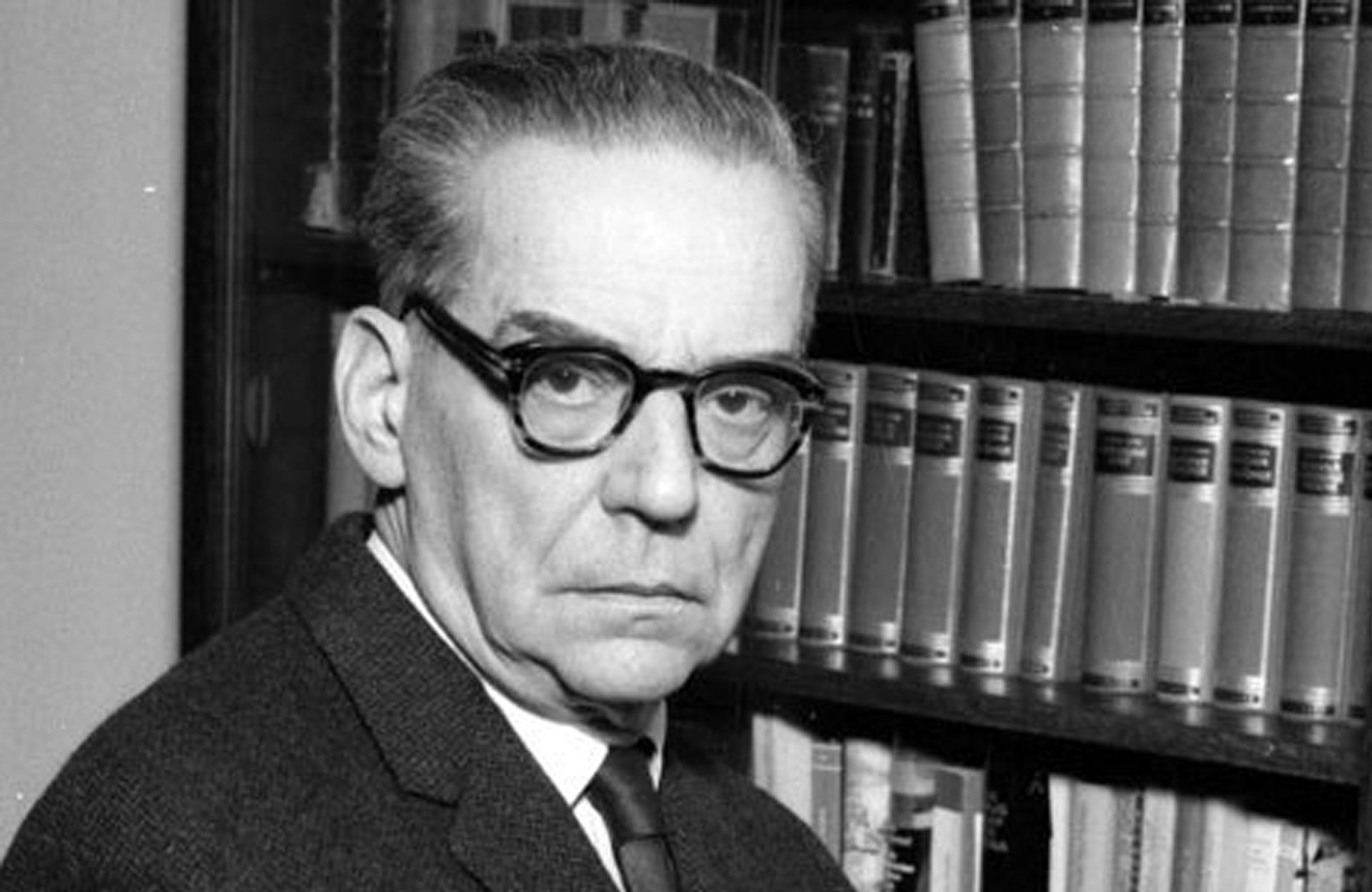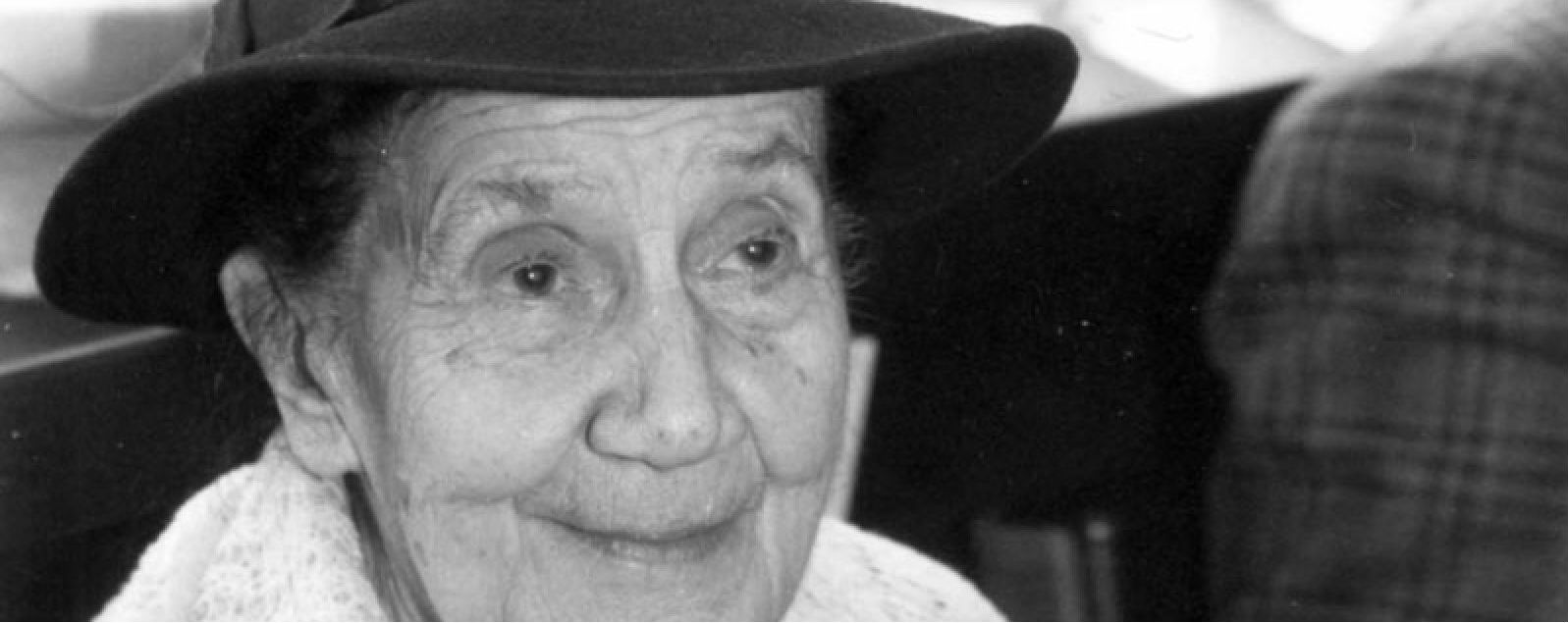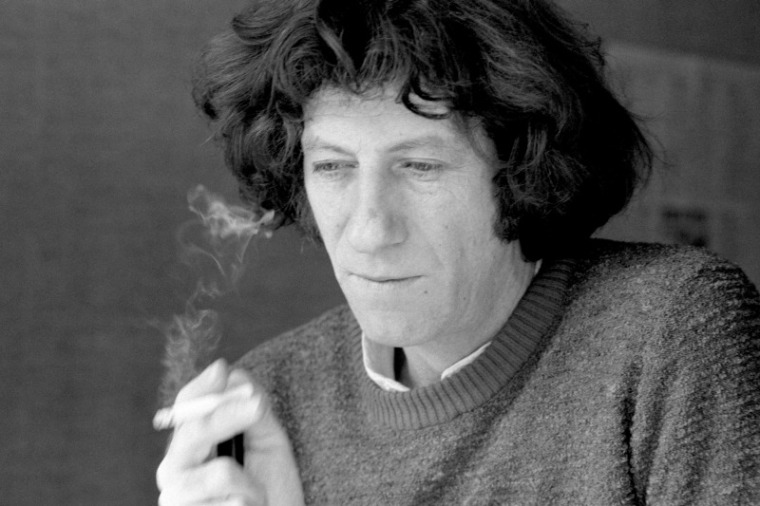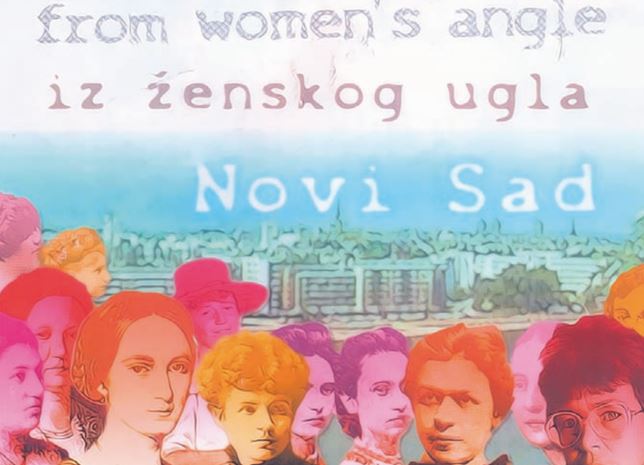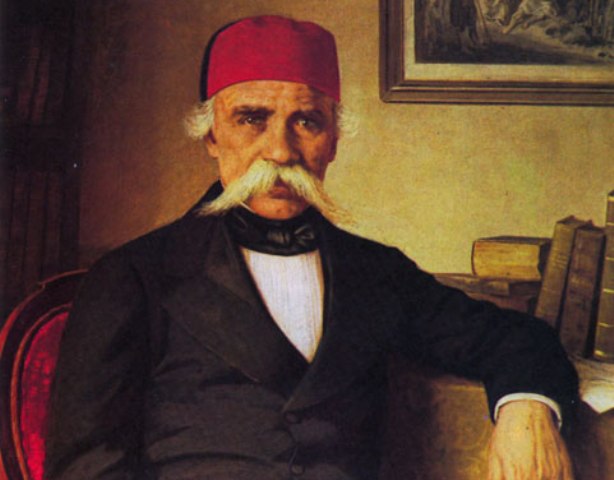Meša Selimović has risen to the top ranks of Serbian literature thanks to his novel “Death and the Dervish”, which has been awarded the title for best novel of 20th century by critics and readers alike.
Thus one of the most prestigious awards in Serbia is named after him.
Famous writer lived in troubled years of Balkans’ history. He was born in 1910 in Tuzla, as a Muslim. Even though he had emotional ties to Bosnia, he decided to study Serbo-Croatian language and Yugoslav literature in Belgrade. Writer’s full name is Mehmed, and his nickname Meša had been given by his college classmates.
His life took place in following cities: Tuzla, where he was born, Sarajevo, where he worked and Belgrade, where he finished his studies. He performed noteworthy political and cultural duties, wrote screenplays and novels which in the beginning audiences took with a grain of salt, reproaching him for the lack of emotionality.
But somewhere in the writer’s mind something deep and creative boiled inside, ready to burst out and bleed forever leaving its trail on paper. One event started the avalanche of thoughts, ideas and words that later surfaced as the “Death and the Dervish” novel.
Communist party, whose member was Meša, shot his brother, also a party member, for some insignificant error he committed. This event weighed heavy on Meša his whole life. “The next day, just one day after I learnt about my brother’s demise, I was supposed to teach some kind of lecture. I didn’t cancel. And that’s actually what I’m trying to forget, that I wanted to speak, that I could, that I didn’t as a man, as a brother, rebelled against this injustice.”
And exactly with that word, “rebellion”, start thewell-known pages of Meša’s masterpiece “Death and the Dervish”, which he wrote in the latter years of his life (1966), and in order to finish it he refused the position of Yugoslavian ambassador in Russia. The novel “Death and the Dervish” was received with great fervor and zeal.
The storyline of the novel corresponded to the events in writer’s life, which is allotting vast emotionality and value to this masterpiece, so even though storyline was set in 18th century, the novel represents the critique of Marshal Tito’s regime which mercilessly dealt with the enemies.
This manuscript with massive concentration of thought was written in a confessing tone, and it is depicting dervish’s inner struggles of Ahmed Nurudin whose brother was incarcerated and killed, though innocent. And just that train of thought of Bosnian dervish is giving the novel a timeless value as well as its philosophical and psychological components. Every chapter of the novel begins with a quotation from Quran, and it is considered that this way in the European literature for the first time the Quran was so widely quoted.
When this novel was published in Paris, the most influential publication “Le Monde” stated that: “Death and the Dervish” was a novel of maturity which never stops wondering and posing difficult questions. And in Yugoslavia readers and critics alike shared the same opinion, thus the novel was awarded with many praises and prizes which also declared it for the best prose novel of the 20th century.
Writer faced seclusion whole his life, and aware of its tormenting effect, names his next novel “The Fortress“ which symbolizes a man, a community or an ideology shut inside itself, and exiting the fortress also symbolized the entrance towards life, the start of an individual development, opening up the possibilities of encounters with others and getting to know the true human values.
Even though for his choice of Serbian nationality and classification of his works as parts of Serbian literature he angered the Muslim community in Bosnia, Meša deeply felt the weight of the position of Bosnians who during the reign of Ottoman Empire had to switch from Christianity to Islam. He said:
“With nobody did the history played so cruelly as it did with Bosnia. Yesterday we were what today we want to forget, and we hadn’t become anything else… We were torn, yet remained unaccepted.”
Still, no community wanted to give up the claim on grand literary guru, so today equally take pride in him Muslims from Bosnia and Herzegovina and Serbs. Both sides award the prize “Meša Selimović” for the best novel of the year. Meša Selimović didn’t want his works to be split on regional and local literary pieces. So he wrote a letter in 1976 to Serbian Academy of Sciences and Arts, which he was a member of, and in which he said:
“I’m coming from a Muslim family and by nationality I am a Serb. I am part of Serbian literature…”
And that is the reason that next to Ivo Andrić, this Tuzla’s boy remained the greatest Serbian novelist of the 20th century.

